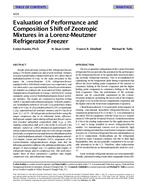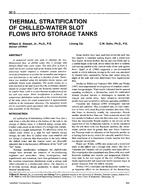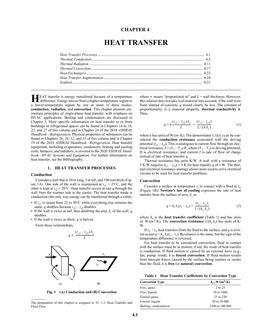Cooling Water Filtration has the potential to save energy, reduce health risks and chemical usage as well as cleaning costs by keeping the system free from dirt and debris. The benefits of ongoing filtration and basin cleaning systems are often overlooked and under-estimated. A failed attempt to utilize free cooling with a plate and frame heat exchanger due to fouling by dirt and debris forced the need for proper filtration. A major Midwest department store chain and a Colorado State Energy provider sponsored a study to determine the savings realized when filtration is properly applied to water cooled systems. Seven Colorado department stores water cooled HVAC systems were studied over a period of two years. The first year the stores cooling baseline energy, chemical usage, and cleaning costs data were recorded. Both the open and closed cooling water loops were studied. Following the first year centrifugal separator filtration systems were installed during the winter shutdown. The study included the three common methods for applying filtration to a cooling system: Full Flow, Side Stream, and Basin Sweeping. Common methods for handling the removed solids were also varied for comparison. Once the filtration systems were in place the energy and chemical usage, and cleaning costs were again recorded using the building management system.
The study found that filtration is critical to maintaining optimum heat transfer and minimizing energy usage. A total of 15% total electric savings was realized. Chemical usage was reduced 15 to 20% and major maintenance savings was recorded. The tower water was crystal clear and the risk of a Legionella outbreak reduced. It was determined that filtration is especially critical when using plate and frame heat exchangers for free cooling.
Product Details
- Published:
- 2012
- Number of Pages:
- 8
- File Size:
- 1 file , 700 KB
- Product Code(s):
- D-CH-12-C075
- Note:
- This product is unavailable in Russia, Belarus


